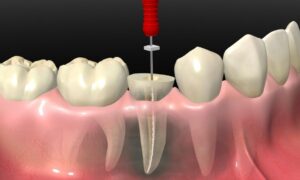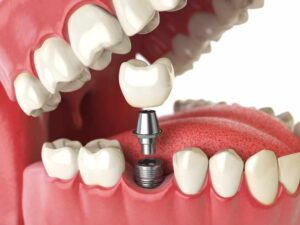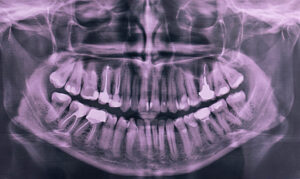Plantar warts are small lumps located in the first two layers of the skin, epidermis and dermis, and appear on the heel and weight-bearing areas of the foot.
There are two types of plantar warts:
- Solitria warts: a single wart that increases in size and occasionally forms another set of warts around it.
- Mosaic warts: These are small warts that grow next to each other.
It is a viral infection in the population, but few people suffer from pain.
What are the causes of plantar warts?
The leading cause of plantar warts is the human papillomavirus. This virus enters the body through tiny cuts, cracks, or other weak spots on the bottom of the foot.
Other common causes are:
- contagion or transmission
- Use of public showers in swimming pools, gyms, or bathrooms.
- Alterations in the skin of the feet.
- Cuts or scratches.
Most plantar warts are not serious health problems and usually go away without treatment over time.
Which is the treatment?
Most plantar warts go away over time and are harmless; however, when they cause us discomfort, it is preferable to treat them. Some of the most used treatments to combat plantar warts are:
- Salicylic acid: These are prescription salicylic acid medications that work by gradually peeling away layers of a wart.
- Cryotherapy: This treatment is done in your doctor’s office and involves applying liquid nitrogen to the wart using a spray or a swab.
- Stimulation of the immune system. This method uses medications to stimulate the immune system to fight warts.
- Laser treatment. This treatment burns the small closed blood vessels, and, over time, the tissue dies, and the wart falls off. This technique can leave scars and must be repeated for three to four weeks.
Consult a doctor to assess the condition of the wart and determine which treatment is best suited to the characteristics and needs of the patient.
How can they be prevented?
To reduce the chances of plantar warts proliferating, the following health tips should be followed:
- Watch where you step. It is easy to get HPV, especially in warm places with humidity, such as common showers, locker rooms, or swimming pools.
- Keep your feet clean and dry. It is essential to clean and dry well between the toes and avoid sharing shoes and towels.
- Take care of foot wounds. Cracks and small lesions in the skin are the routes of entry of the virus.
- Self-contagion. If we touch a wart, it is essential to wash our hands well to avoid it.




